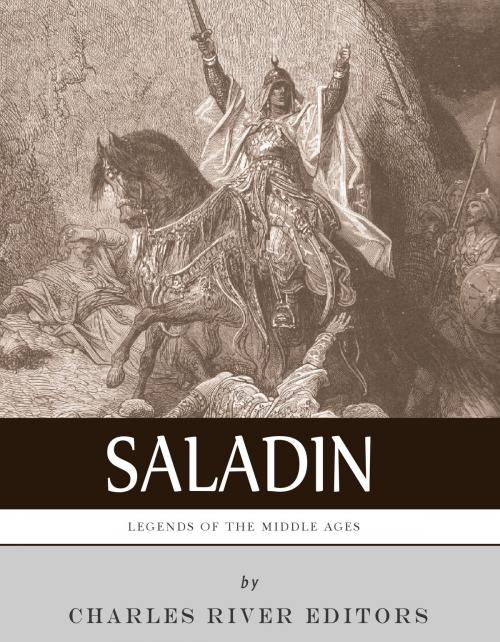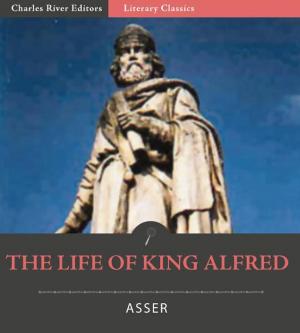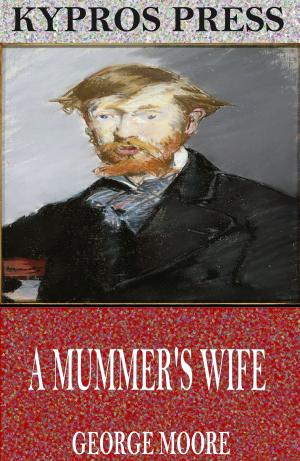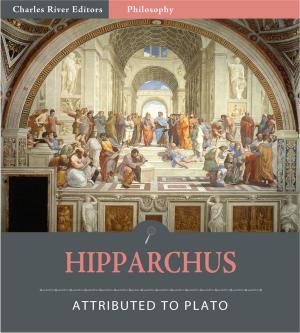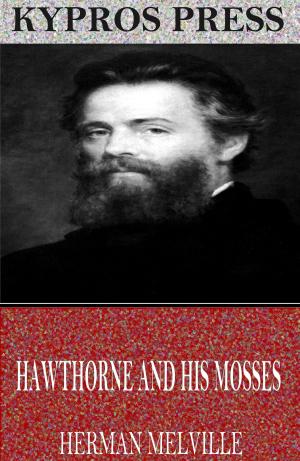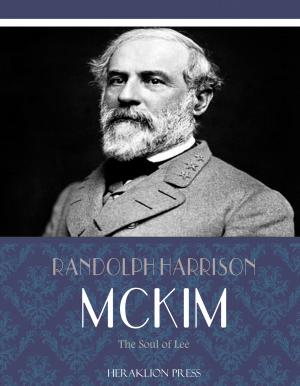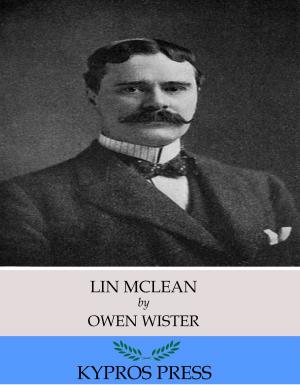Legends of the Middle Ages: The Life and Legacy of Saladin
Nonfiction, History, Civilization, Medieval, Biography & Memoir, Historical| Author: | Charles River Editors | ISBN: | 9781475320251 |
| Publisher: | Charles River Editors | Publication: | December 8, 2012 |
| Imprint: | Language: | English |
| Author: | Charles River Editors |
| ISBN: | 9781475320251 |
| Publisher: | Charles River Editors |
| Publication: | December 8, 2012 |
| Imprint: | |
| Language: | English |
*Includes medieval depictions of Saladin and important people, places, and events in his life. *Includes a Bibliography for further reading.*Includes a Table of Contents. It is equally true that his generosity, his piety, devoid of fanaticism, that flower of liberality and courtesy which had been the model of our old chroniclers, won him no less popularity in Frankish Syria than in the lands of Islam. - René GroussetA lot of ink has been spilled covering the lives of historys most influential figures, but how much of the forest is lost for the trees? In Charles River Editors Legends of the Middle Ages series, readers can get caught up to speed on the lives of important medieval men and women in the time it takes to finish a commute, while learning interesting facts long forgotten or never known. During a trip to Damascus, Syria in 1958, Egyptian President Gamal Abdel Nasser visited the tomb of Saladin. It was a symbolic visit for the pan-Arab leader, who sought to unite the Arab world and restore it to its past glory. For nationalists like Nasser and devout Muslims across the Middle East, Saladins life and reign represent the pinnacle of that glory, more than 8 centuries after his death. Saladin is widely considered one of the greatest generals in history and one of the most famous leaders of the Middle Ages, but he remains a paradox, both in personal and in historical terms. A military genius, he first served other generals and was overshadowed, late in life, by his greatest rival, Richard I of England. He was far more admired by his Christian enemies, who extolled his chivalry, than some of his Muslim rivals, who fought him for control of Egypt and Syria in the 12th century. His Christian enemies continued his name long after it was forgotten in the Middle East, only to spark a revival of his reputation in Arab culture in the 20th century. Revered as the flower of Arab culture, he was really a Kurd who nearly destroyed it. Taught to Egyptian children as a native born Egyptian hero, he was, in fact, Egypt's conqueror, the man who destroyed its native dynasty and suppressed the local Shi'ite sect. Praised for his mild temper and mercy, he made it his mission in the last decade of his life to destroy the Frankish states created by the First Crusade in 1099. The most powerful man in the Levant for the last ten years of his life, he died a virtual pauper after giving away his personal fortune to the poor. Having united almost all of the Levant under one rule, he left it as divided as before. He founded a dynasty that was eventually destroyed by slaves. Nevertheless, Saladin remains both a poignant and important symbol in the Middle East over 800 years after his death, making him as relevant as ever today. Legends of the Middle Ages: The Life and Legacy of Saladin chronicles the historic life and reign of the famous leader, and it analyzes his influential and enduring legacy. Along with pictures of important people, places, and events, you will learn about Saladin like you never have before, in no time at all.
*Includes medieval depictions of Saladin and important people, places, and events in his life. *Includes a Bibliography for further reading.*Includes a Table of Contents. It is equally true that his generosity, his piety, devoid of fanaticism, that flower of liberality and courtesy which had been the model of our old chroniclers, won him no less popularity in Frankish Syria than in the lands of Islam. - René GroussetA lot of ink has been spilled covering the lives of historys most influential figures, but how much of the forest is lost for the trees? In Charles River Editors Legends of the Middle Ages series, readers can get caught up to speed on the lives of important medieval men and women in the time it takes to finish a commute, while learning interesting facts long forgotten or never known. During a trip to Damascus, Syria in 1958, Egyptian President Gamal Abdel Nasser visited the tomb of Saladin. It was a symbolic visit for the pan-Arab leader, who sought to unite the Arab world and restore it to its past glory. For nationalists like Nasser and devout Muslims across the Middle East, Saladins life and reign represent the pinnacle of that glory, more than 8 centuries after his death. Saladin is widely considered one of the greatest generals in history and one of the most famous leaders of the Middle Ages, but he remains a paradox, both in personal and in historical terms. A military genius, he first served other generals and was overshadowed, late in life, by his greatest rival, Richard I of England. He was far more admired by his Christian enemies, who extolled his chivalry, than some of his Muslim rivals, who fought him for control of Egypt and Syria in the 12th century. His Christian enemies continued his name long after it was forgotten in the Middle East, only to spark a revival of his reputation in Arab culture in the 20th century. Revered as the flower of Arab culture, he was really a Kurd who nearly destroyed it. Taught to Egyptian children as a native born Egyptian hero, he was, in fact, Egypt's conqueror, the man who destroyed its native dynasty and suppressed the local Shi'ite sect. Praised for his mild temper and mercy, he made it his mission in the last decade of his life to destroy the Frankish states created by the First Crusade in 1099. The most powerful man in the Levant for the last ten years of his life, he died a virtual pauper after giving away his personal fortune to the poor. Having united almost all of the Levant under one rule, he left it as divided as before. He founded a dynasty that was eventually destroyed by slaves. Nevertheless, Saladin remains both a poignant and important symbol in the Middle East over 800 years after his death, making him as relevant as ever today. Legends of the Middle Ages: The Life and Legacy of Saladin chronicles the historic life and reign of the famous leader, and it analyzes his influential and enduring legacy. Along with pictures of important people, places, and events, you will learn about Saladin like you never have before, in no time at all.
